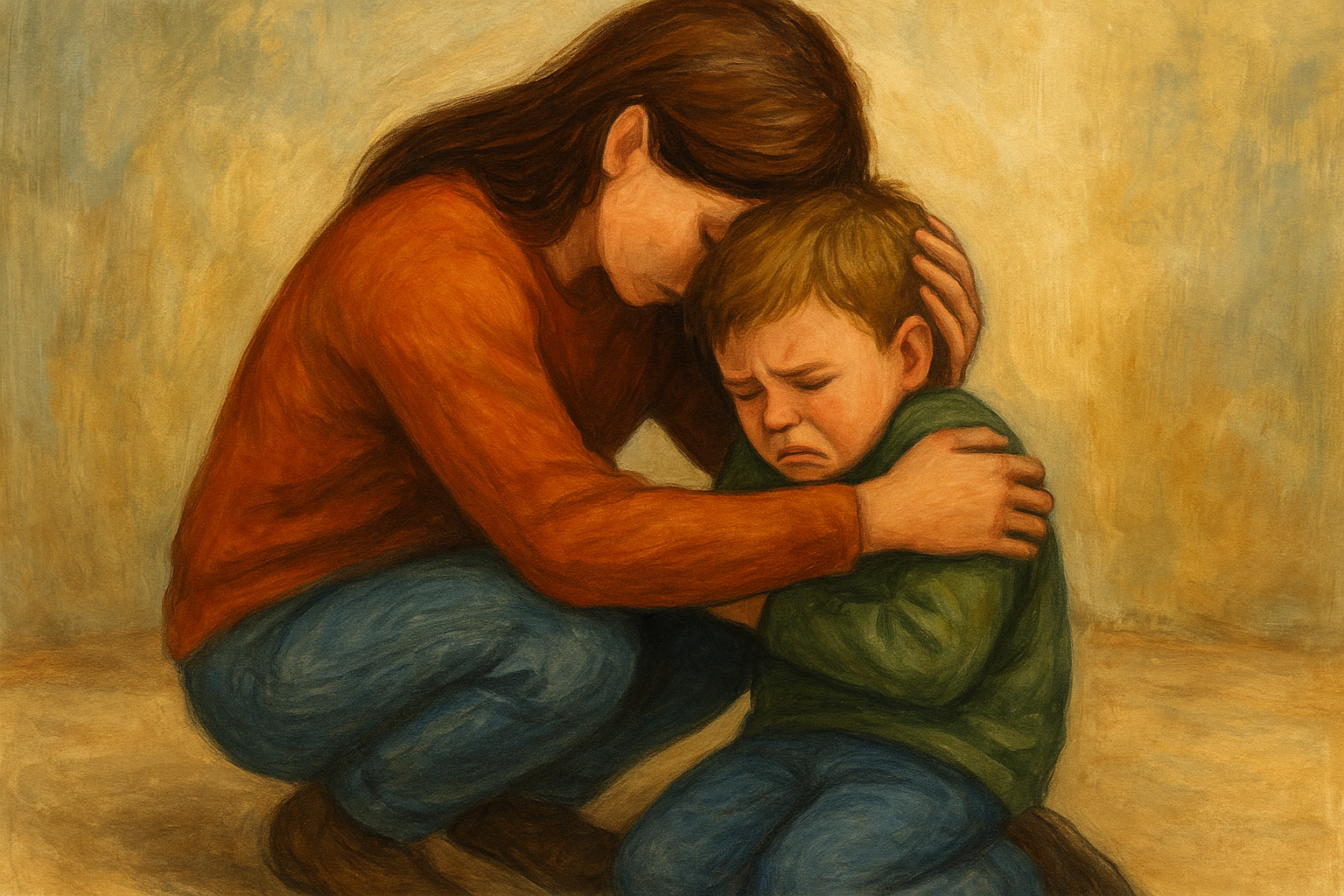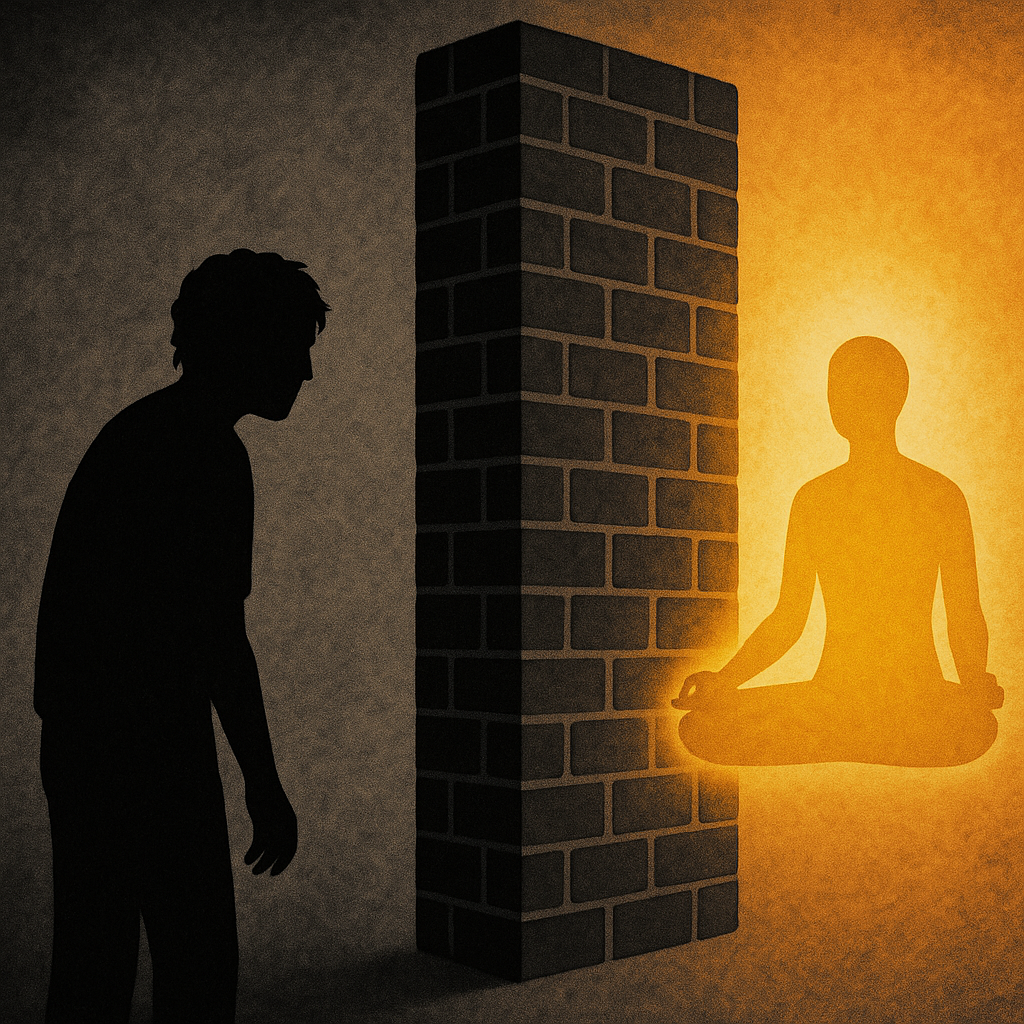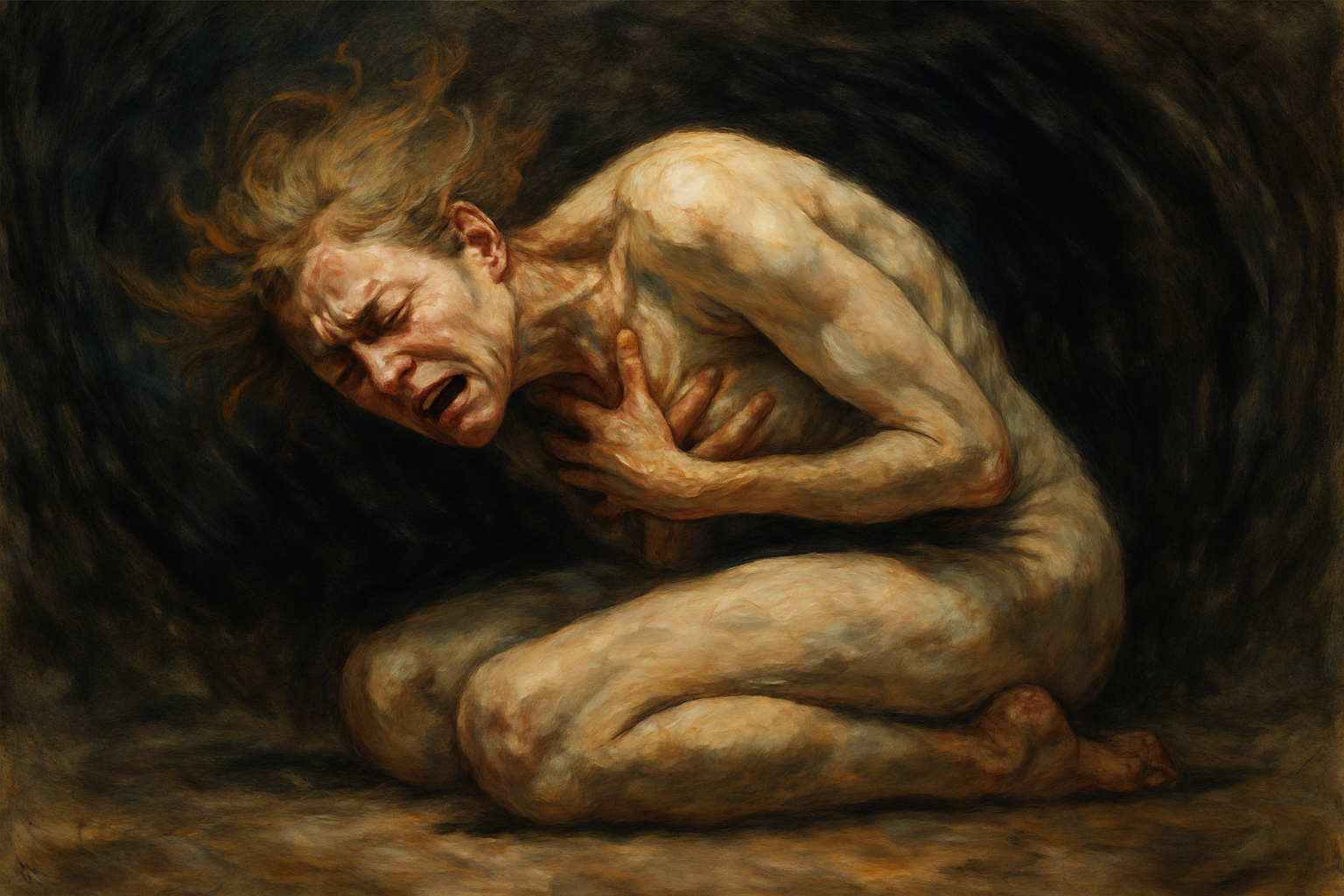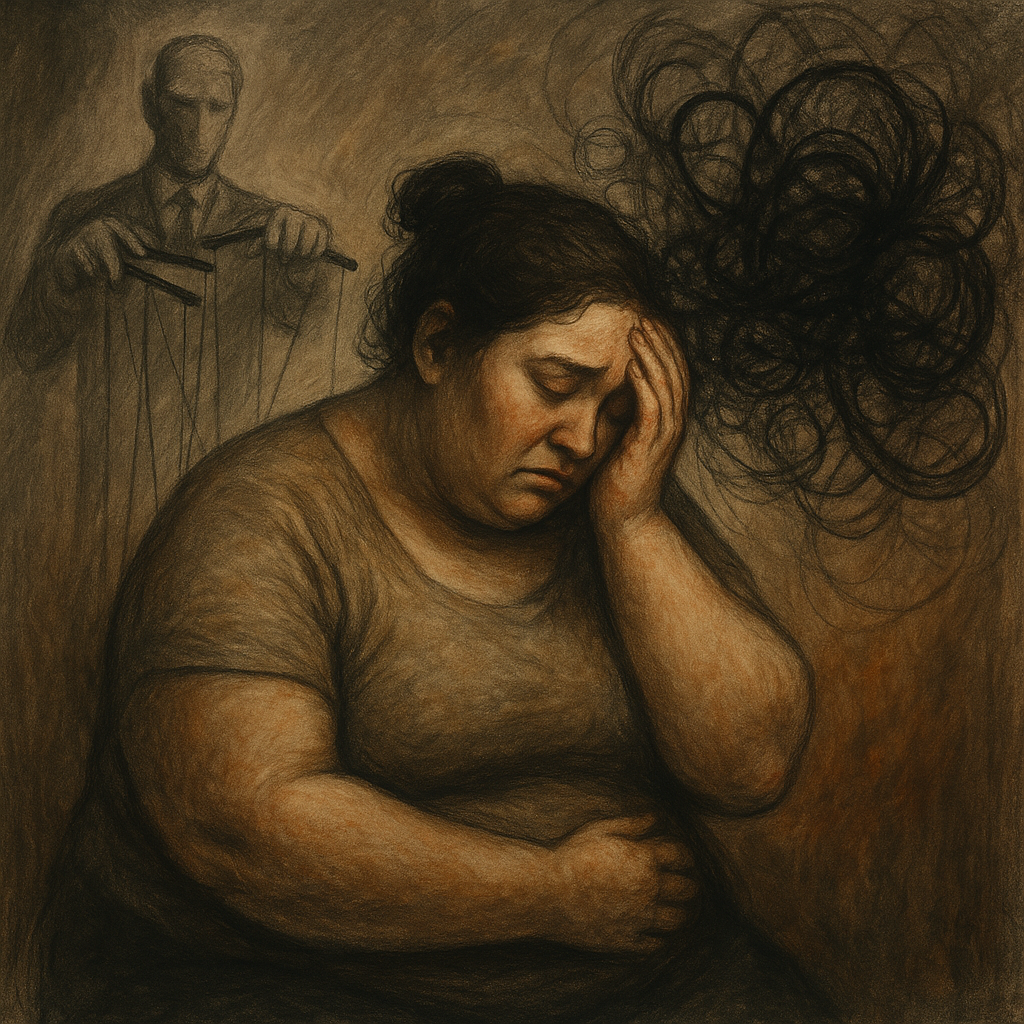Marie’s ChatGPT-Assisted Deconstruction Blog

Attunement and Emotional Safety When Children Feel Overwhelmed
When a child is knocked down or startled, the body registers it as a threat, even without injury. What matters most is not fixing the situation quickly, but offering presence, co-regulation, and validation. This piece explores how attuned responses can prevent moments of fear from turning into isolation.
Rebuilding Body Trust After Epistemological and Religious Abuse
Mindfulness, somatic therapy, and yoga often assume a baseline of safety in the body. For survivors of epistemological abuse, religious trauma, and emotional neglect, that baseline doesn’t exist. This piece explores how to begin again—through micro-moments of orientation, rhythm, and agency.
Living at the Edge of Comprehension and Rest
When comprehension floods in, it can feel like striking gold—limitless energy, endless clarity, and an unbearable resistance to sleep. This piece explores the tension between insight and exhaustion, the fear of letting go, and the body’s struggle to keep pace with the mind.
Living With Cats in the Space Between Domestication and Wildness
What does it mean to share your home with animals who never consented to be domesticated? This piece explores the ethical ambiguity of living with cats, the tension between captivity and care, and how shifting your own nervous system can transform the relationship.
The Myth of Power: Why Elites Appear More Than Human
Powerful people often appear untouchable because systems of media, branding, and politics reward myth-making while punishing humanity.
Understanding Attraction: Beyond the Physical
Attraction is complex and involves factors such as the nervous system, culture, personal history, power dynamics, attachment patterns, and trauma.
You Were Scared—and You Moved Anyway
As a child, fear was your constant companion—and still, you moved. You traveled, confronted trauma, opened relationships, left safety, and kept going. This post explores the shift from bravery-through-action to healing-through-presence.
The Fear of Dying Alone in a Body That Was Never Held
This piece explores the deep, often unspoken fear of dying alone—tracing it back to a lifetime of being emotionally unseen, physically misunderstood, and spiritually unaccompanied. It’s not about paranoia. It’s about survival, trauma, and finally coming home to your own body.
When the Mic Goes Hot: The Jolt of Sudden Self-Awareness
That jarring moment when dissociation gives way to presence isn’t failure—it’s your nervous system letting you back in. This piece explores what it means to be interrupted by your own aliveness and how witnessing yourself might be the beginning of healing, not the end of calm.
The Director in My Head
I’ve been directing my face and body like a performance—trying to look coherent, attractive, and safe. But I’m starting to question who I’m performing for, and what I’m afraid will happen if I stop.









